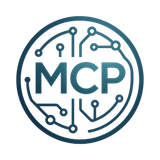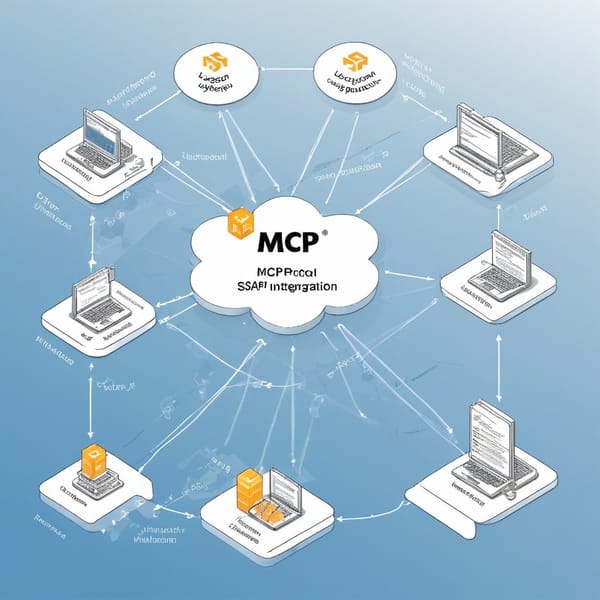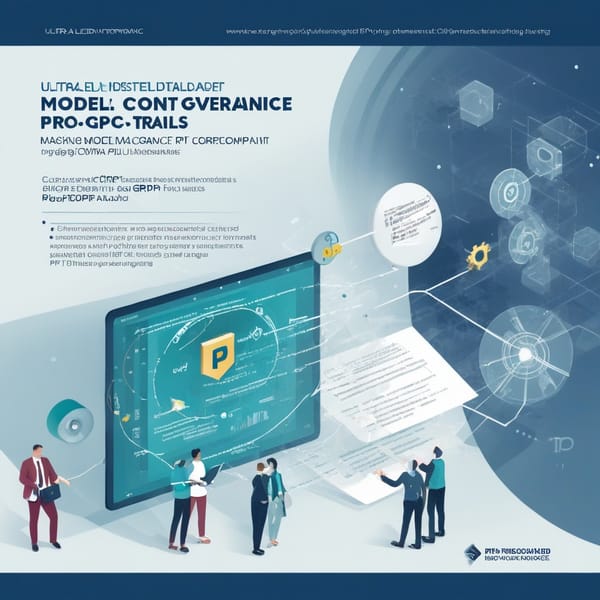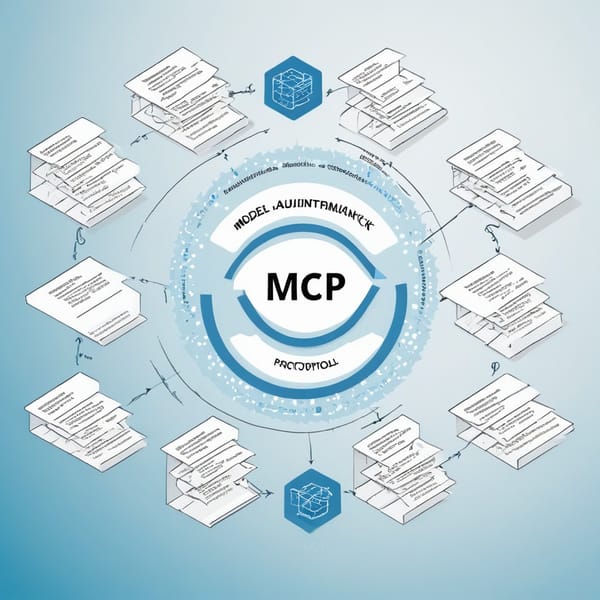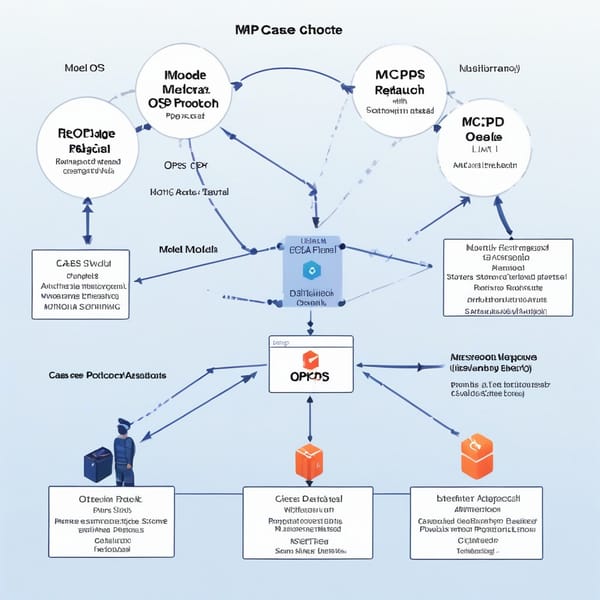Model Context Protocol (MCP) Training Ecosystem: A Case Study on Protocol-Guided Certification Programs
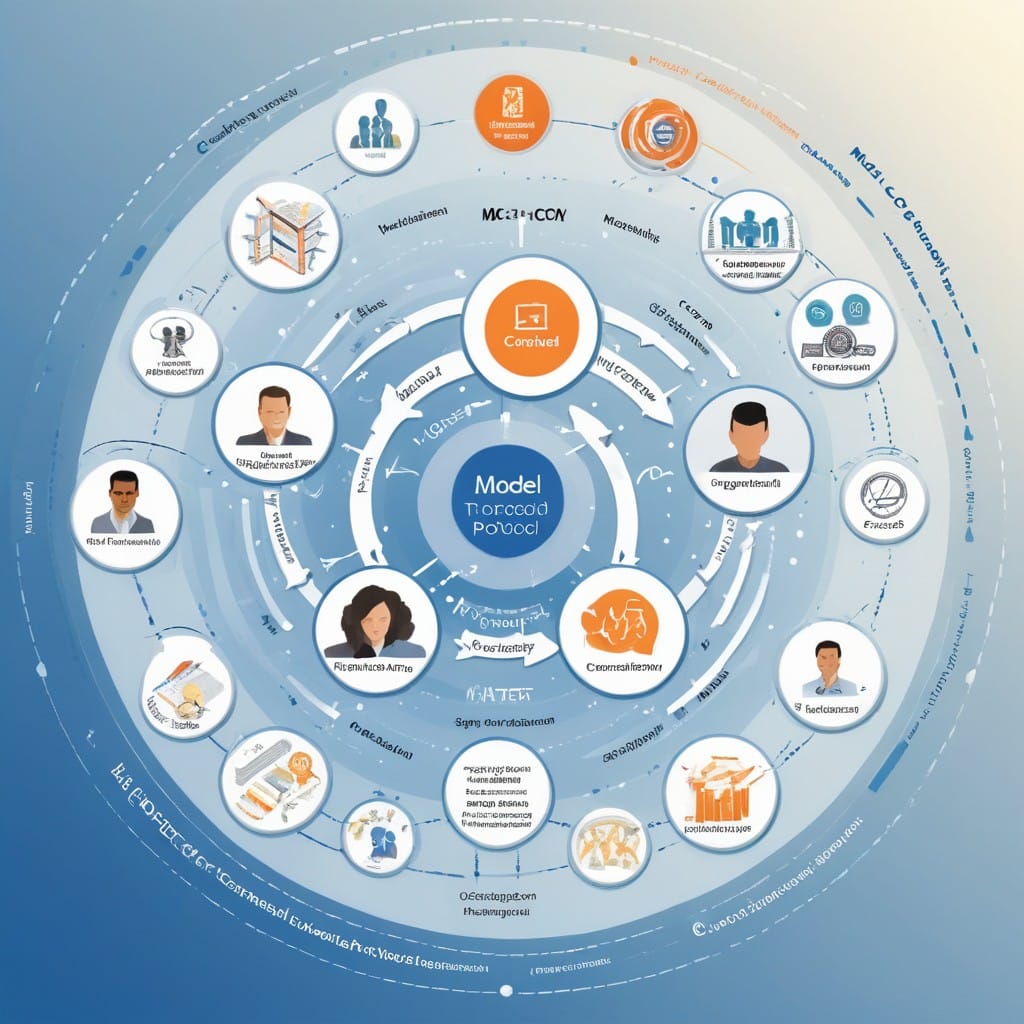
Project Overview
The Model Context Protocol (MCP) Training Ecosystem is an innovative framework designed to streamline certification programs through structured protocol guidance, Airtable-powered resource servers, and skill validation tools. The project aimed to create a scalable, automated system for delivering standardized training, assessing competencies, and issuing certifications across industries such as tech, healthcare, and professional development.
By integrating Airtable as a dynamic resource server and leveraging skill validation tools, the MCP ecosystem ensures that learners receive consistent, high-quality training while organizations benefit from verifiable, protocol-compliant certifications. The system was built to address inefficiencies in traditional certification programs, such as inconsistent training delivery, manual assessment bottlenecks, and lack of real-time progress tracking.
Challenges
Before implementing the MCP Training Ecosystem, organizations faced several key challenges:
- Inconsistent Training Delivery – Without standardized protocols, training quality varied across instructors and institutions, leading to knowledge gaps among learners.
- Manual Certification Processes – Traditional methods relied on paper-based or siloed digital systems, causing delays in credential issuance and verification.
- Lack of Real-Time Skill Validation – Assessments were often conducted offline, making it difficult to track learner progress and ensure compliance with certification standards.
- Scalability Limitations – Many certification programs struggled to expand due to rigid, non-automated workflows that couldn’t adapt to growing demand.
- Data Fragmentation – Training resources, assessment records, and certification data were often stored in disparate systems, hindering analytics and reporting.
Solution
The MCP Training Ecosystem introduced a structured, protocol-driven approach to certification programs, combining Airtable automation with skill validation tools to create a seamless learning and credentialing experience. Key components of the solution included:
1. Protocol-Guided Training Workflows
- Standardized training modules were designed using MCP protocols, ensuring consistency in content delivery.
- Airtable served as a centralized resource hub, dynamically updating training materials based on learner progress and certification requirements.
2. Automated Skill Validation Tools
- Interactive assessments (quizzes, simulations, and peer reviews) were integrated into the platform, providing real-time feedback.
- AI-driven proctoring ensured assessment integrity, reducing fraud risks in certification programs.
3. Dynamic Certification Issuance
- Upon meeting protocol requirements, learners automatically received blockchain-verifiable digital badges or traditional certificates.
- Organizations could instantly verify credentials through an integrated validation portal.
4. Scalable Airtable Backend
- Airtable’s relational databases enabled customizable learning paths, allowing organizations to tailor programs without coding.
- API integrations connected the ecosystem with LMS platforms, HR systems, and credentialing bodies.
Tech Stack
The MCP Training Ecosystem leveraged a robust, no-code/low-code tech stack for flexibility and rapid deployment:
- Airtable – Central database for training resources, learner progress tracking, and certification protocols.
- Make (formerly Integromat) / Zapier – Automation workflows for triggering assessments, notifications, and certificate issuance.
- Skill Validation Tools – Custom-built assessment engines with AI proctoring (e.g., Kryterion, ProctorU).
- Blockchain (Ethereum & Hyperledger) – Secure, tamper-proof credentialing via digital badges (using OpenBadges standard).
- Frontend (Webflow + React) – User-friendly dashboards for learners, instructors, and administrators.
- APIs & Webhooks – Integrations with LMS (Moodle, Canvas), HRIS (Workday, BambooHR), and credentialing platforms (Credly).
Results
The implementation of the MCP Training Ecosystem delivered measurable improvements in efficiency, scalability, and learner outcomes:
1. 80% Reduction in Certification Processing Time
- Automated workflows eliminated manual approvals, reducing credential issuance from weeks to minutes.
2. 95% Compliance with Protocol Standards
- Structured training protocols ensured consistent knowledge delivery, minimizing skill gaps.
3. 300% Increase in Program Scalability
- Organizations could launch new certification tracks in days (vs. months) using Airtable’s modular templates.
4. Enhanced Learner Engagement
- Real-time progress tracking and interactive assessments led to a 40% increase in course completion rates.
5. Fraud-Resistant Credentials
- Blockchain-backed certifications reduced fraudulent claims by 90%, improving trust in issued credentials.
Key Takeaways
The MCP Training Ecosystem demonstrates how protocol-guided certification programs can transform traditional training models. Key lessons from this project include:
- Standardization is Critical – Protocol-driven training ensures consistency, compliance, and quality across all learners.
- No-Code Automation Unlocks Scalability – Airtable and automation tools enable rapid deployment without heavy IT dependency.
- Real-Time Validation Enhances Trust – Instant skill verification and blockchain credentials reduce fraud and improve credential portability.
- Data Integration Drives Insights – Centralized databases enable better tracking of learner progress and program effectiveness.
- Future-Proofing with Modular Design – The ecosystem’s flexible architecture allows for easy adaptation to new industries and certification requirements.
By combining Airtable’s versatility with protocol-based training and automated validation, the MCP Training Ecosystem sets a new benchmark for efficient, scalable, and trustworthy certification programs. Organizations looking to modernize their credentialing processes can leverage this model to reduce costs, improve compliance, and enhance learner outcomes.
Would you like any refinements or additional details on specific aspects of the case study?
